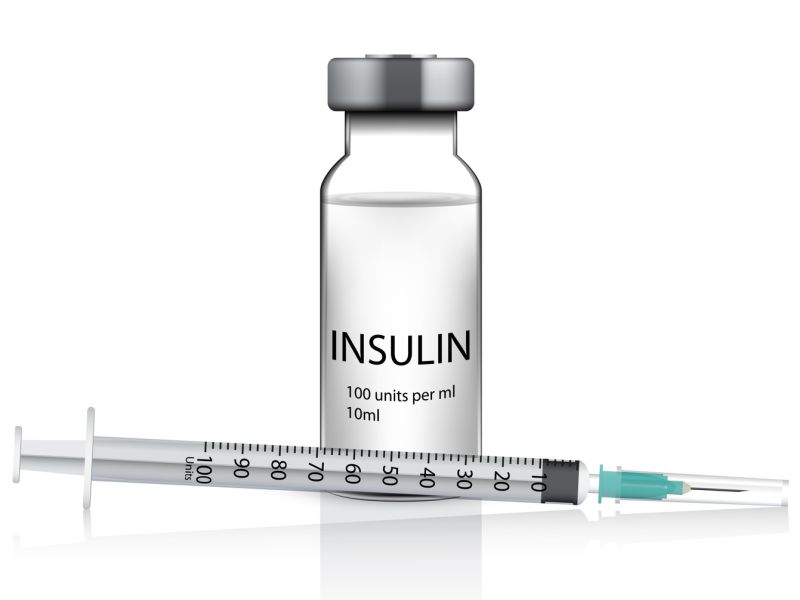
Giving millions of fans some “Satisfaction,” Rolling Stones frontman Mick Jagger is recovering and in good health after undergoing a heart valve procedure in New York City on Thursday. Jagger is being monitored for any complications that could occur, such as excess bleeding, sources told Billboard. The 75-year-old rocker underwent a minimally invasive procedure called… read on >






























